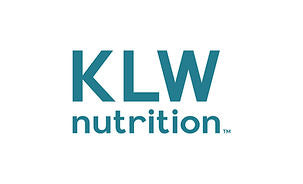Vitamin B6, also known as pyridoxine, is one of eight B vitamins and is very important for our immune health. And as it is water soluble it can't be stored in our bodies, so we need to ensure we are getting enough in our diets every day.
Vitamin B6 is used by the body to make immune cells and can also act as a channel of communication between chemokines and cytokines, which are two signalling proteins that the immune system utilises when combatting a harmful, foreign invader. Vitamin B6 can also help boost the number of infection-fighting antibodies.
In addition to being important for our immune health, vitamin B6 is also needed for other functions, such as
- brain function
- nervous system function
- releasing energy from your food
- decreasing fatigue
- haemoglobin for red blood cells
- healthy hormones
Good food sources of vitamin B6, include: meat, such as pork, chicken, eggs, seafood, potatoes, bananas, tofu, soybeans and chickpeas.
In elderly people may be at an increased risk of vitamin B6 deficiency, especially those with a poor diet. Symptoms of deficiency include numbness in the hands and feet (peripheral neuropathy) and anaemia.
How much vitamin B6 do we need?
Here in the UK, guidelines recommend 1.2mg and 1.5mg a day for women and men, respectively.
Should I supplement?
Vitamin B6 supplements can help support immune function, especially in times when you feel you may need the extra support. Vitamin B6 supplements also can maintain normal levels of the amino acid homocysteine. Raised levels of homocysteine have been linked to conditions such as cardiovascular disease and stroke.
Warning
It is important to note that if you are supplementing with more than 200mg a day of vitamin B6 for long periods is known to trigger peripheral neuropathy. This can be permanent, so make sure you stay within the recommend nutrient intake guidelines, if you are supplementing. Very high levels of vitamin B6 can also lead to sores on the skin as well as digestive, such as heartburn, so do stay with the guidelines.

